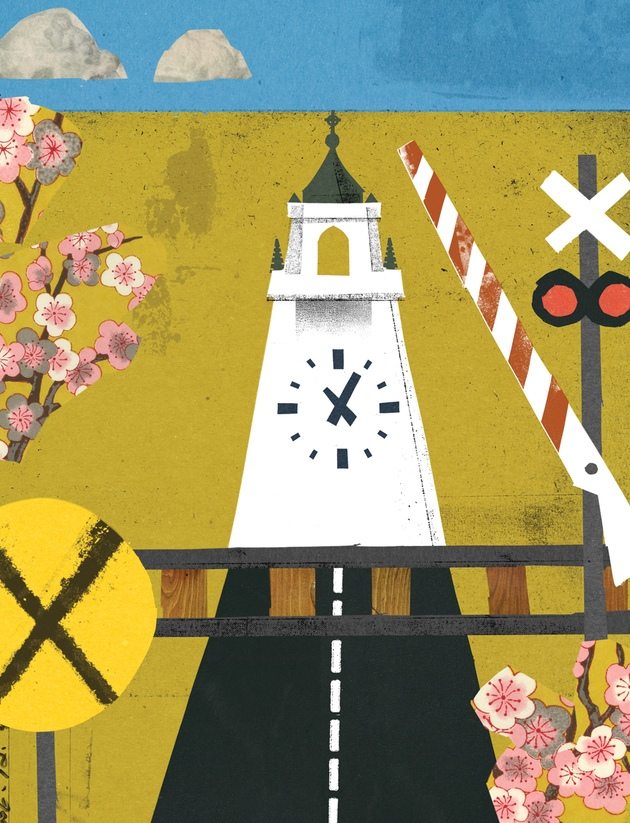
We call it the strategic plan. You can call it the proof of an institution that, lifted by your steadfast support, sets its feet squarely in its Ignatian origins while moving into a future of unprecedented innovation.
All across America and throughout the world, the landscape for higher education has changed. The rapid velocity and increasing complexity of that change has been at turns tumultuous, vexing and thrilling.
Hardly a day goes by without a news item chronicling growing concerns somewhere about the value, affordability, accessibility and accountability of the undergraduate and graduate experiences.
For all of us who care deeply about LMU, this moment in time presents a grand opportunity for an institution that must be at once nimble and solid, decisive and contemplative, and cutting-edge and venerable.
Ten years from now, some universities will either cease to exist or be very different from what they are today. Those such as LMU that will sustain and flourish must undertake honest evaluations to build on strengths and overcome weaknesses, to have a clear sense of focused priorities, and to allocate resources strategically.
At LMU, this means that we must continue to increase the value of the education we offer, while at the same time achieve greater efficiency to keep costs down. We must work diligently to increase academic scholarships and need-based financial aid to make an LMU education broadly accessible to a diverse student body, helping students of limited means achieve unlimited dreams.
Moving forward, inclusiveness, excellence and rigor will remain central to everything we do. LMU will be known for innovative programs and centers that cut across disciplinary boundaries. These programs and centers will address problems of social significance and prepare students for lives of purpose in an era when they will hold multiple jobs in multiple careers.
I could cite a number of existing LMU examples related to interdisciplinary studies. One is the Center for Urban Resilience. This project, launched less than a year ago, unites biologists, ethicists, philosophers, LMU students and neighborhood K-12 students in urgent city-based ecological efforts.
I can also point to my own field, cognitive neuroscience, as a case study for the value of collaboration and crossover. The discipline is roughly 30 years old, but progress has occurred at a fast clip, thanks in part to breaking down the boundaries between traditional academic silos.
This past May, LMU completed a university-wide strategic plan that will serve as our guide for the next eight years. The plan — available online at www.lmu.edu/strategicplan — was developed with input from faculty, staff, students, alumni, board members and many others. It lays out in broad strokes the university’s priorities and plans. Colleges, schools and other units on campus are now crafting their own strategic action plans to identify the ways in which they will collectively support the university-wide priorities and goals.
As we move forward, the signature characteristics of an LMU education must and will remain at our institution’s core. These characteristics include:
- Maintaining and welcoming a cadre of teacher-scholar faculty who expect great things of students and who challenge students to expect great things from themselves;
- Enrolling and supporting a diverse student body with the academic potential and personal qualities needed to embrace LMU’s values and rigor;
- Providing deep learning experiences that go beyond classrooms to engage students in research, internships, service-learning activities and other types of hands-on experiences;
- Weaving a seamless fabric of curricular and co-curricular experiences that not only teach students how to do things but how to decide which things are worth doing;
- Developing intercultural competency and international perspectives to prepare students to be citizens and leaders in a world filled with diversity of many types;
- Preparing students for post-graduation success, whether it be for the jobs and careers they seek or additional education;
- Infusing the curriculum and other educational experiences with the values that flow from the Catholic intellectual tradition and nearly 500 years of Jesuit education and the faith that does justice.
By doing the above, even — especially — during a challenging period, our remarkable institution will be well positioned to remain in the forefront of American, Catholic and Jesuit higher education today, tomorrow and well into our second century.
